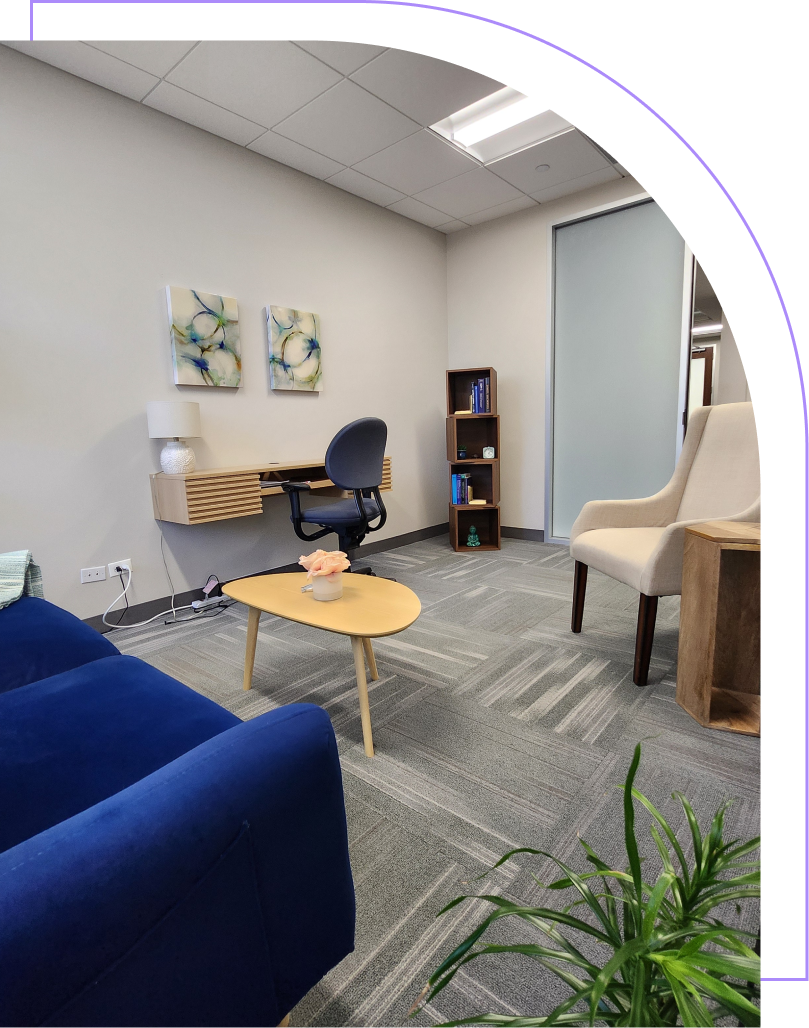
Are you and your spouse stuck in recurring arguments, struggling to understand each other, or feeling distant?
You’re not alone — and neither are you in wanting support to navigate challenges, improve communication, and restore closeness. Marital conflict can arise from stress at work, parenting responsibilities, financial pressures, differences in values or expectations, or unresolved past conflicts. Over time, small disagreements can escalate into patterns that create distance, frustration, or resentment between partners.
Sometimes it feels like the same issues keep resurfacing no matter how much you talk, and trust or emotional intimacy seems harder to maintain. You might notice less connection, decreased communication, or difficulty resolving conflicts without tension. Seeking therapy doesn’t mean your relationship is failing — it means you care enough to invest in understanding each other better and building a stronger foundation.
At Aram Connection Counseling, we provide a safe, supportive space for couples to slow down, explore challenges, and learn practical strategies for communication, conflict resolution, and emotional reconnection. Therapy isn’t about assigning blame — it’s about understanding each partner’s perspective, processing emotions safely, and creating tools that promote a healthier, more resilient partnership. Our evidence-based approaches guide couples toward mutual understanding, strengthened trust, and lasting connection.
Couples often face:
Marital conflicts can strain relationships, but therapy offers tools to rebuild trust, understanding, and emotional connection.
How Aram Connection Supports Couples Experiencing Conflict
Our therapists provide compassionate, evidence-based guidance tailored to each couple’s unique dynamic. Therapy can help you:
- Improve communication and active listening skills
- Identify and address patterns that fuel conflict
- Develop problem-solving and negotiation strategies
- Rebuild trust, intimacy, and emotional connection
- Navigate life transitions and shared challenges with collaboration
Therapy equips couples to understand each other better, resolve conflicts constructively, and strengthen their partnership.
Can we help?
What to Expect in Marital Conflict Therapy
Sessions are collaborative, nonjudgmental, and tailored to each couple’s needs. Couples learn to:
Express thoughts and emotions safely and constructively
Recognize and change negative patterns in interactions
Practice empathy and active listening
Strengthen trust, intimacy, and emotional closeness
Each session helps couples improve communication, resolve conflicts, and cultivate a stronger, healthier relationship.
Real-Life Examples
A couple experiencing recurring arguments over finances may learn strategies to communicate needs, negotiate compromises, and reduce tension.
Partners struggling with emotional distance may develop skills to reconnect, improve intimacy, and rebuild trust.
Therapy provides couples with tools to manage conflict, enhance understanding, and nurture their partnership.
A Place Where Couples Can Reconnect
We provide a calm, judgment-free environment—online or in-person—where couples can explore challenges safely and work toward reconnection.
Marital conflict therapy offers a supportive space to discuss sensitive topics, strengthen emotional bonds, and create lasting solutions.
Let’s Make This a Turning Point
You don’t have to wait until things feel “bad enough” to ask for help. Sometimes, the most loving step is reaching out early — before frustration, anxiety, or miscommunication take over.
Whether you need short-term support or ongoing guidance, we’re here to help your relationship feel more balanced, connected, and resilient.
Let’s talk about what’s been going on and how we can help you and your partner start feeling more like yourselves again.


Supporting Couples Through Marital Conflict Therapy
Therapists help couples:
Our goal?
To empower couples to resolve conflicts, enhance understanding, and nurture a resilient, connected, and fulfilling partnership.
Ready to take the next step?
Sometimes the hardest part is getting started—but once you do, things begin to feel lighter.
